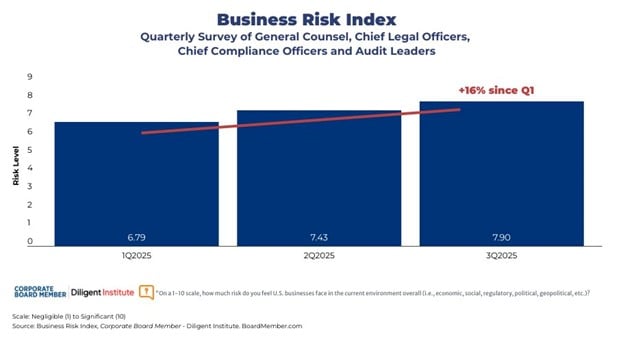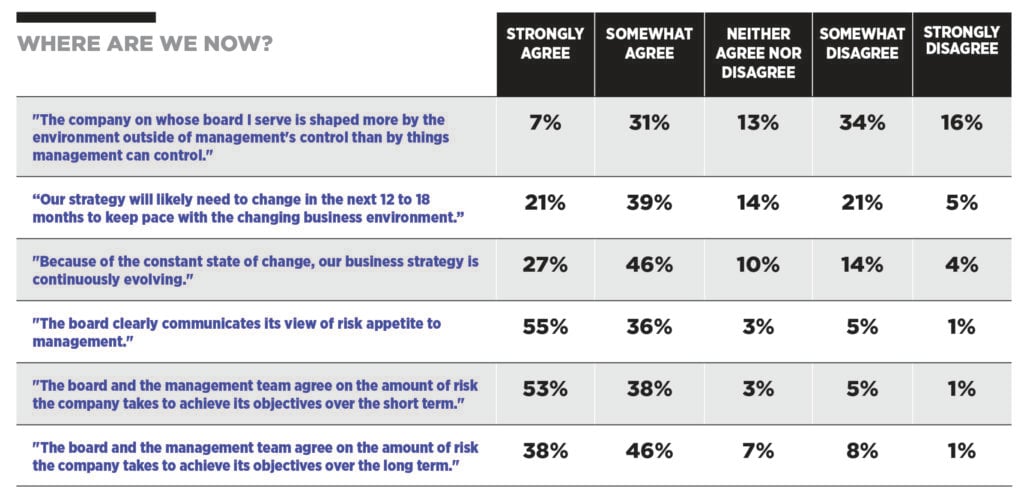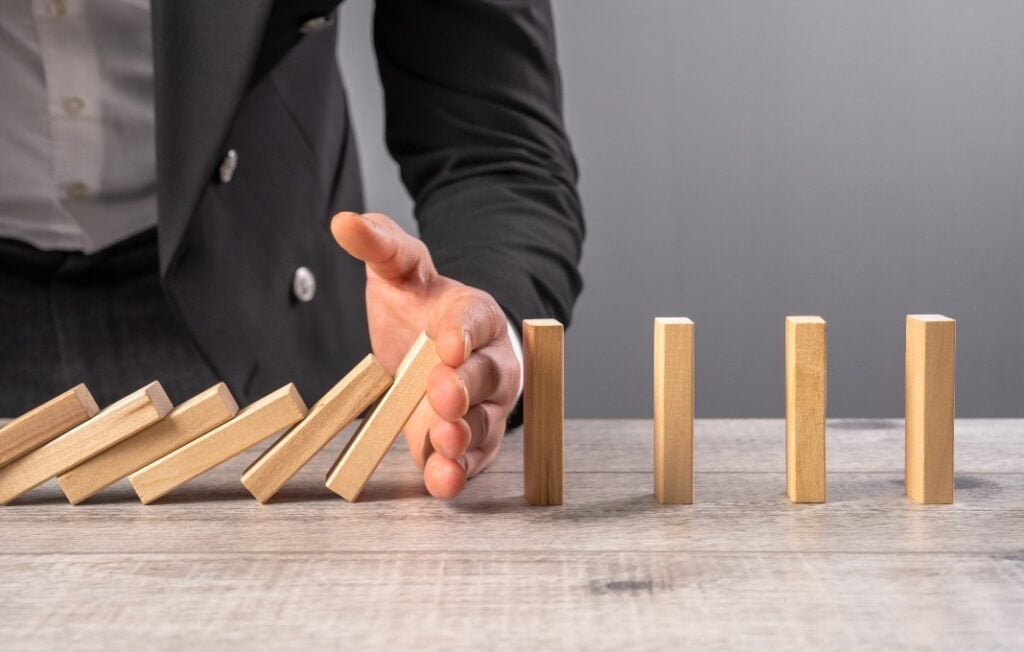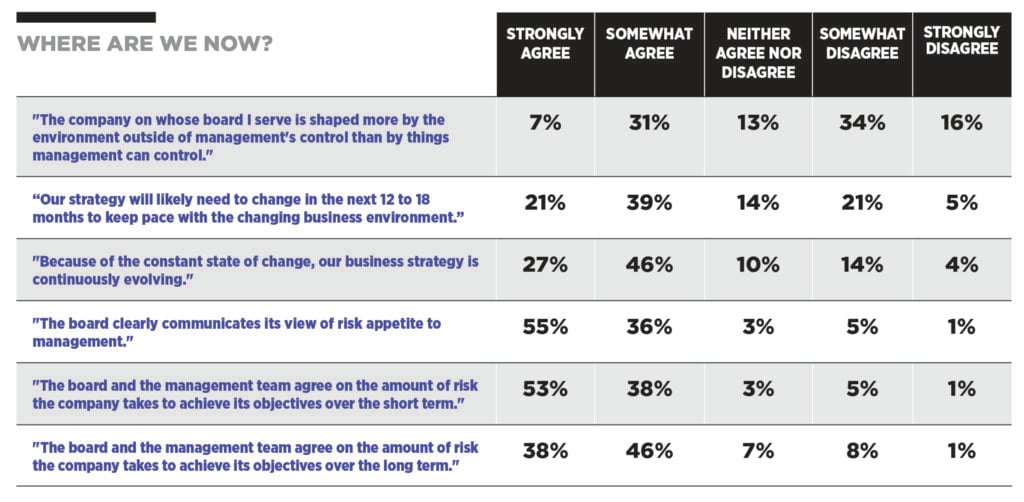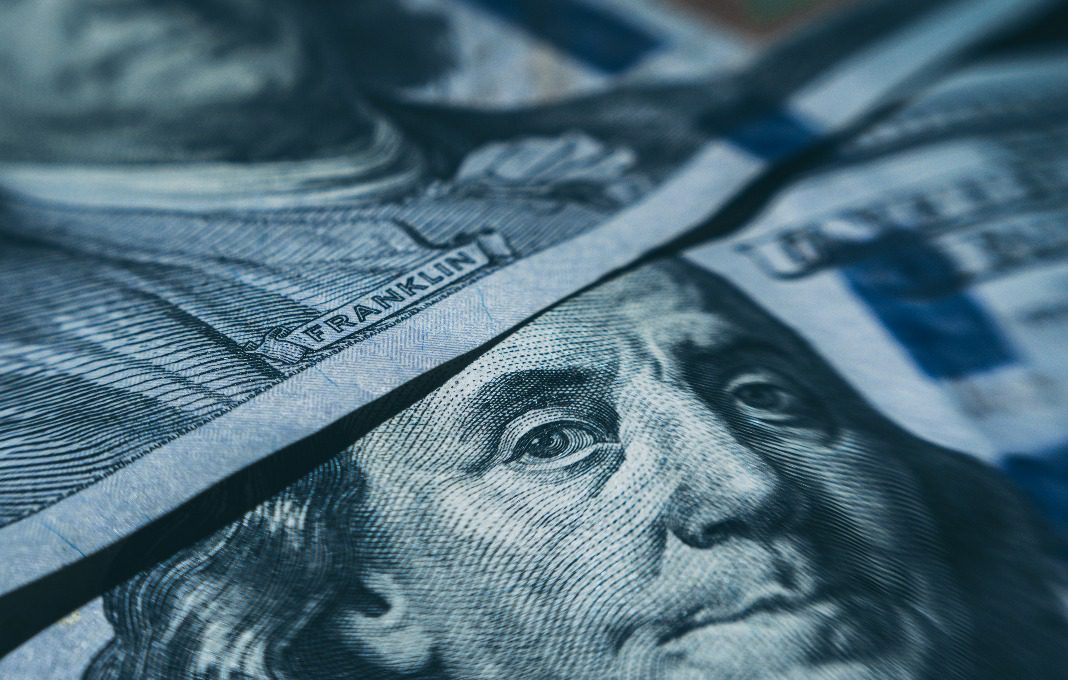 When Roger Martin talks about what ails capitalism, and how to fix it, people sometimes think he’s anti-capitalist. “That’s frustrating,” says the strategist who advises the CEOs of top companies, such as Procter & Gamble, Lego and Ford. “I love democratic capitalism, I really do. But we’ve got a real problem.”
When Roger Martin talks about what ails capitalism, and how to fix it, people sometimes think he’s anti-capitalist. “That’s frustrating,” says the strategist who advises the CEOs of top companies, such as Procter & Gamble, Lego and Ford. “I love democratic capitalism, I really do. But we’ve got a real problem.”
In recent years, capitalism has indeed suffered on the reputation front; a 2019 Pew Research poll found one-third of respondents had a negative view of capitalism and 42% had a favorable view of socialism. Milliennials and GenZ, in particular, have warmed to socialist policies and don’t seem to have the negative association to communism that earlier generations do.
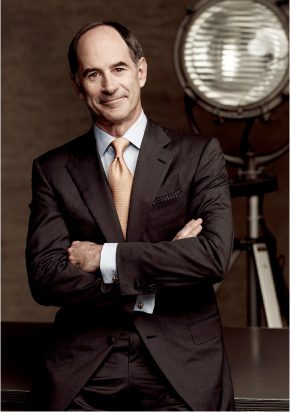
This trend is “dangerous and worrisome,” says Martin, who spent six years studying the history of democratic capitalism to understand where its future is headed. “The more I explored it, the more worried and concerned I got, because the numbers aren’t good—they’re startling. And that’s why I had to try and figure out why what’s changed so much in the last 40 plus years.”
In the following interview, the first in a two-part series, Martin, who Ford’s Jim Hackett called “my generation’s Peter Drucker,” talks about his new book, When More is Not Better: Overcoming America’s Obsession with Economic Efficiency (Harvard Business Review Press, September 2020), and what CEOs need to do to save capitalism from itself.
So what’s wrong with capitalism?
My belief is that [historically] America prospered because, for 200 years, in the vast majority of those years, the median family, which I equate to the swing voter, was moving forward smartly. When that was happening, democracy and capitalism were lovely twins, right? Because the capitalism part of it produced a situation where the majority of people wanted to support it. It perpetuated and grew and we became the most successful country on the face of the planet, arguably.
Since then, that has slowed down so dramatically that the average family in the U.S. doesn’t believe that capitalism is definitively working for them. And they’re kind of right. Where the income for the average family [previously] doubled within one generation, at the current pace, it’ll take a century for it to double. So the fundamental problem is that support is wavering for legitimate, understandable reasons. So I think we’ve got a problem. The last time we had a situation like this with a stagnation of middle incomes, it was the Great Depression.
How was that different?
That was different in two important respects. In the Great Depression, top incomes fell by a greater percentage than median incomes. So the entire country, all of America could say, ‘This sucks, but we’re in it together.’ The second thing is it didn’t take nearly as long. In 10 years we were back to where we were and had doubled in 15 years. So the less well-to-do did less badly and America was in it together.
Now, the top 1% are doing better than they ever have in the history of this country by a dramatic amount, so the populous can’t say we’re in it together. There are some people who are doing just awesomely and a whole bunch of other people who are having mediocre results. So that’s the core of the big danger. Because if all we wanted was capitalism, it would be no problem—that’s China, right? They’re sort of becoming capitalistic, but they don’t have democracy so if they want to plow your house under or run a highway over it, that’s no problem. But we, in America, love, properly, the idea that we, the people, rule ourselves.
So if capitalism really loses majority support, that’s an opportunity for someone to come in and say, ‘Hey, I’ve got a better way — socialism.’
Yes—which is what happened all over Europe in the Great Depression and in Japan. That’s when we saw the rise of fascism, socialism, communism, etc. They were emboldened in that period because people said, capitalism isn’t working well enough for us. Those things all terrify me. I’m with Winston Churchill—democracy is the worst system, but it’s better than all the alternatives.
So what was the tipping point? What sort of ‘broke’ capitalism, in your view?
We pushed the pursuit of efficiency to such an obsessive level that it changed the functioning of the economy, such that rather than producing what it had always produced—which was more of a bell-shaped curve and a normal distribution of economic outcomes classically, a small group of rich, small group of poor, but dominated by a large middle-class bulge—this obsessive pursuit of efficiency put such pressure on that system, that it turned it into a different distribution of outcomes, which is the Pareto principle. Vilifredo Pareto was an Italian economist who noticed that in the late 18th century, 80% of the land was owned by 20% of families—known today as the 80-20 rule. In distributions like that, most people in the distribution have very little and a few have a very, very, very great amount. The obsessive pursuit of efficiency put too much pressure on the system. What complexity theorists now know is that if you take something that is normally distributed and put more and more pressure on it, it turns Pareto.
So this income inequality, the rich getting super-richer, is not some kind of, ‘oh, maybe that will happen, maybe it won’t’ — it is absolutely bound and determined to happen because in one of these Pareto distributions one of the core features is that an effect becomes the cause of more of that effect still. It’s like Instagram followers—how do you choose who to follow on Instagram? The core answer is, how many followers do they have? Because if they’ve got two followers, you’re going to say, they’re not worthy of followers. If they have 2 million, you’d say, wow, lots of people follow that person—they’re worthy. Same is true for making money—the best way to make money is to have money.
In systems that are more pressured by the pursuit of efficiency, you get this phenomenon of effect becoming the cause of more of the effect, and you get a more Pareto distribution and it’s happening in all sorts of industries. I’ve spent a whole lot of time consulting to CEOs so I know these people and they know that the bulk of industries are consolidating and that’s because they’re becoming more super-competitive.
The Pareto distribution, from a purely capitalist standpoint, is just fine—if we didn’t want democracy. But we kind of love democracy, so we have to think harder about do we want to set up the economic system with an intent of producing the maximum amount of efficiency and pressure? My answer after this six-year study is: no—we need balance. I’m not saying efficiency is bad, not at all. It’s just that when you make that the sole criteria and you have as your goal that more is always better, that’s a problem.
It sounds like you think the solution needs to come from business leaders rather than the next president, whoever that might be.
Well, yes and no. Like my view is that business executives, political leaders, educators, and citizens all have got to play a role and no one sector can fix it. I do think business has got a big role, but I honestly believe that business could try as hard as it wants to fix the problem by itself and would fail.
So what can CEOs do to fix this?
Well, one thing they can do is recognize that slack is not the ultimate enemy, that there is an optimal level of slack and they shouldn’t be pushing every system to absolutely get rid of all slack. So all excess labor, trying to drive down labor costs, trying to outsource so that you can drive down costs of everything. They and their shareholders will be better off if they show balance between pressure and friction, between efficiency and resilience.
Second is the idea of being careful about having a singular objective function. That’s what they’ve been taught ever since 1970—you know, Milton Friedman’s the business of business is business, or Mike Jensen’s [theory] that you need a single valued objective function. That’s actually bad advice. CEOs have been following it—and it’s bad advice.
What happens is the measurement of that single goal becomes the goal itself—and you start screwing up. Shareholder value maximization, for example. There is no data to support the notion that attempting to maximize shareholder value maximizes shareholder value. Isn’t that ironic? I would have thought that there would be a strong correlation but there isn’t—because of what Aristotle said way back when. Aristotle said, if man sets out to be happy, then his is not likely to end up happy. If, instead, a man sets out to lead a good life, by which he meant a life of servitude to his fellow man and in communities, he’s likely to end up happy.
It’s the same for shareholder value maximization— if that is your singular goal, and you tell your employees, your customers, everybody who’s willing to listen that you’re into shareholder value maximization, it makes it harder to maximize shareholder value. And that’s the problem with having these absolutely singular goals. It doesn’t help your chances of getting there. That’s what Wells Fargo did, right? They had the singular goal of more accounts per customer, because they wanted to have more loyal customers and loyal customers have more accounts. So what did they do? They created an environment in which people said the measure—accounts per customer—is the goal, but not that loyalty is the goal. So if you have multiple measures that you are striving for—like Southwest Airlines, where you are trying to be the lowest cost airline and the highest customer satisfaction, highest employee satisfaction, and most profitable airline—you can’t go overboard on any one thing. You have to have a system that creates a balance that creates all of those things simultaneously. So you actually end up paying your employees more, even though you’re the low-cost airline. How can you do that? Well, you arrange your affairs so that you need fewer employees per passenger seat mile, because you’ve got a more efficient and effective system, but you only got there because you were trying to solve for multiple things. Any executive can do that. That’s completely within their power. And that will contribute to making it a better functioning economy.

